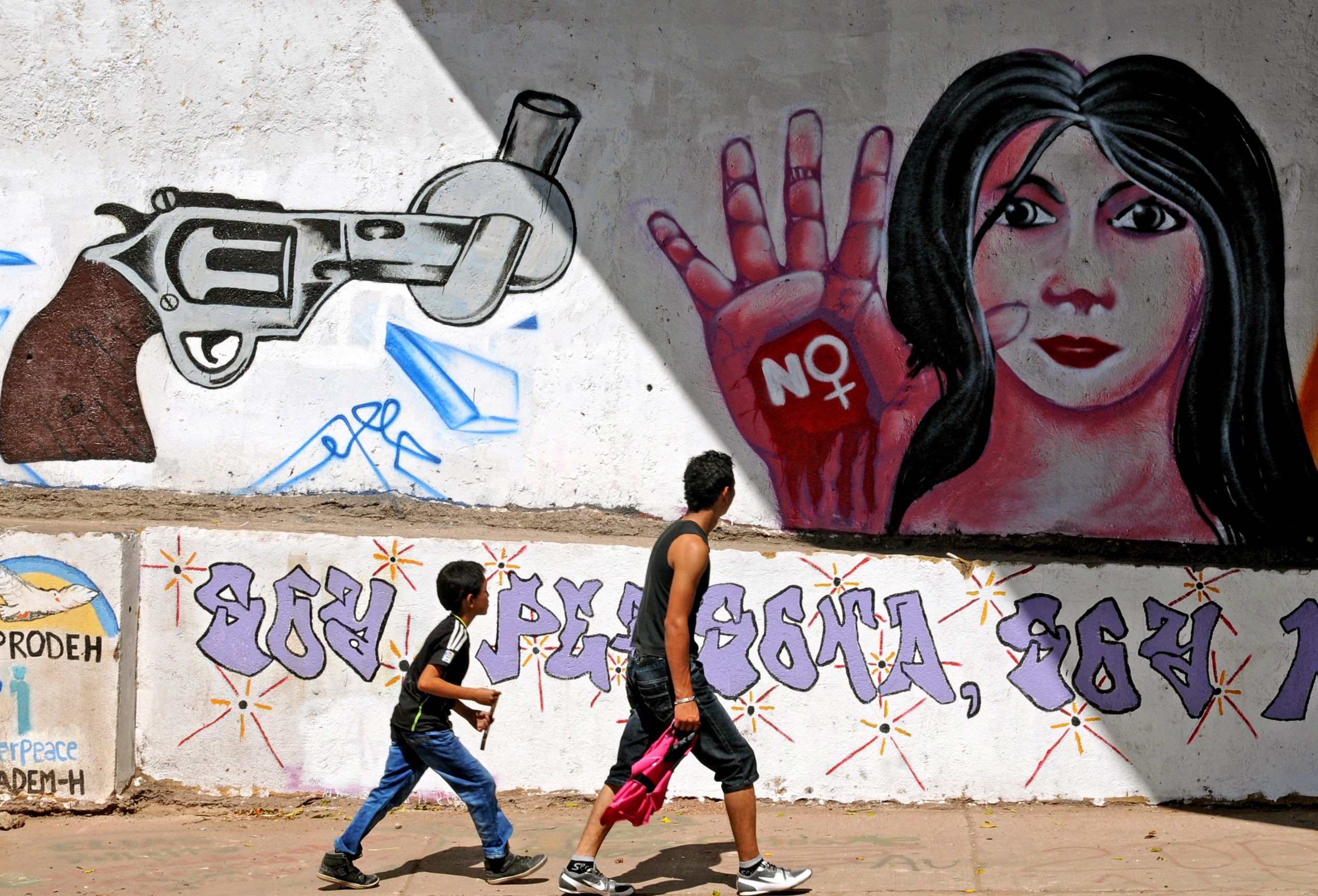Topic: UNHCR
United Nations High Commissioner for Refugees
49 results
May 8, 2018
New Resources Help Integrate Gender Into Humanitarian Responses

Apr 30, 2018
HIAS Costa Rica Helps Launch Legal Support Network for Refugees

Jun 20, 2017
Another Record Year for Displacement
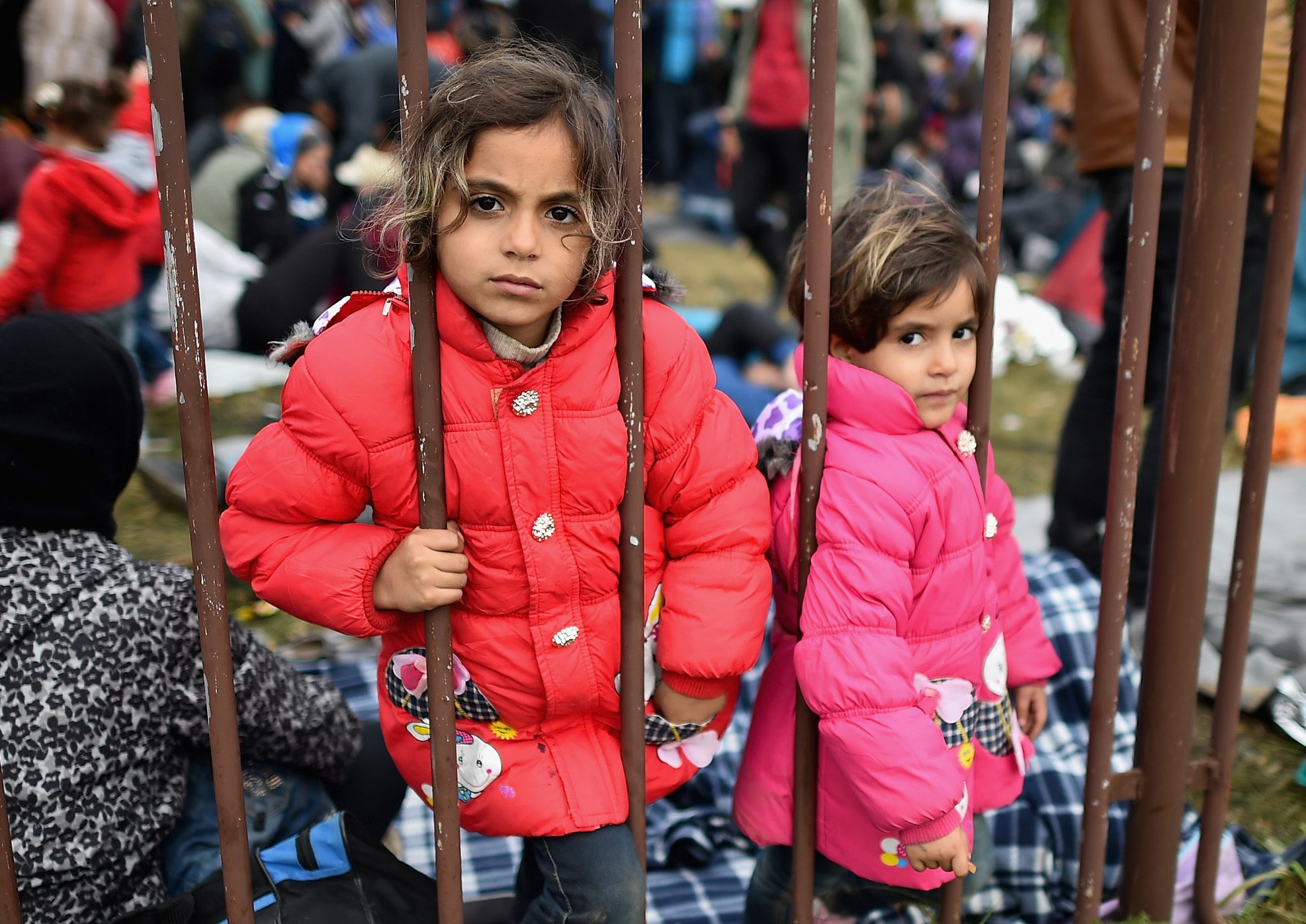
Feb 7, 2017
HIAS Names Shelly Pitterman Senior Vice President for Programs
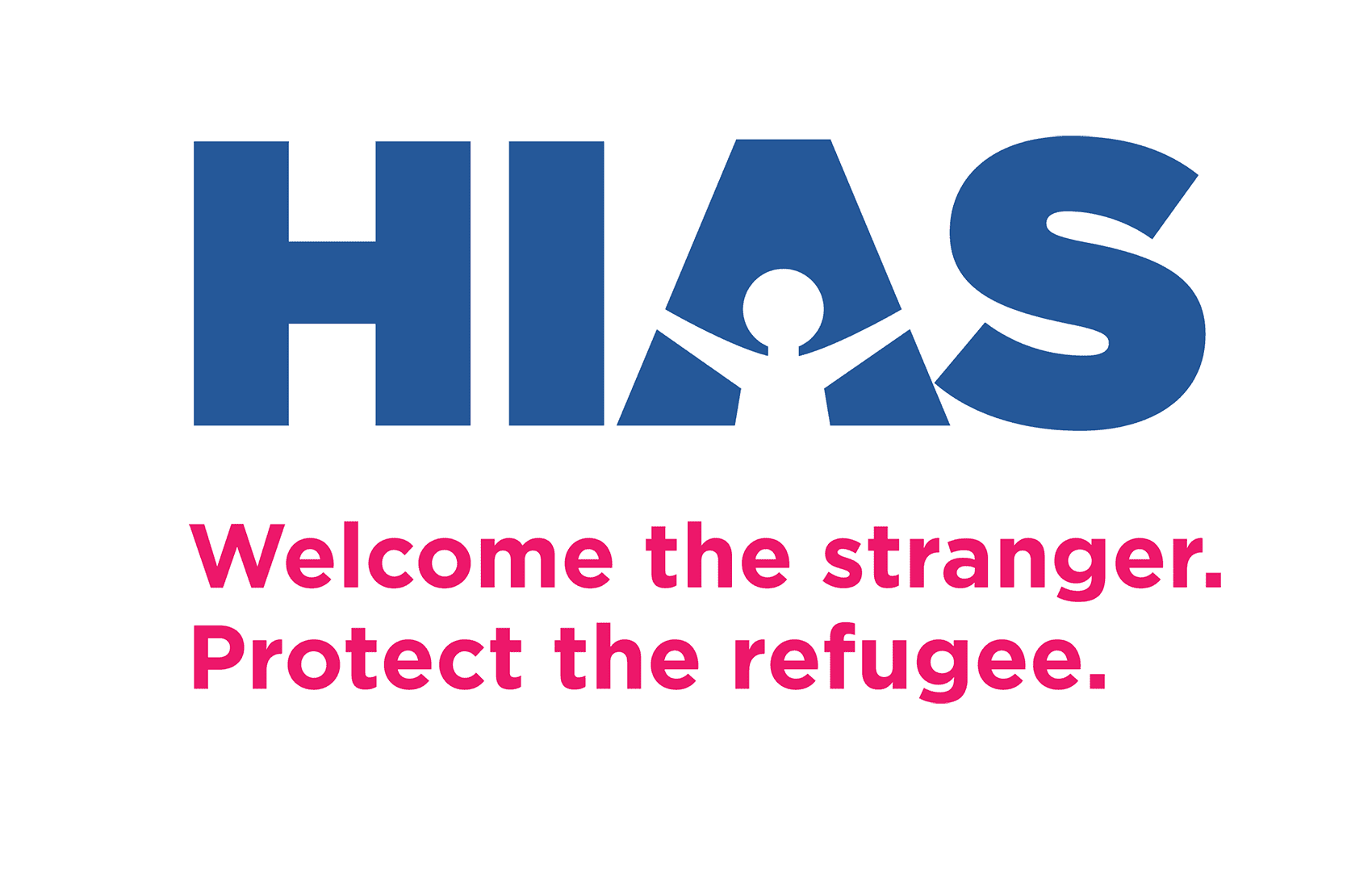
Jan 18, 2017
The Hill: Graham, Cruz Proposal to Defund the U.N. is Misguided

Oct 6, 2016
HIAS Welcomes Election of António Guterres as Next United Nations Secretary General

Aug 2, 2016
NGOs Issue Vision Statement Ahead of UN Meeting on Refugees and Migrants
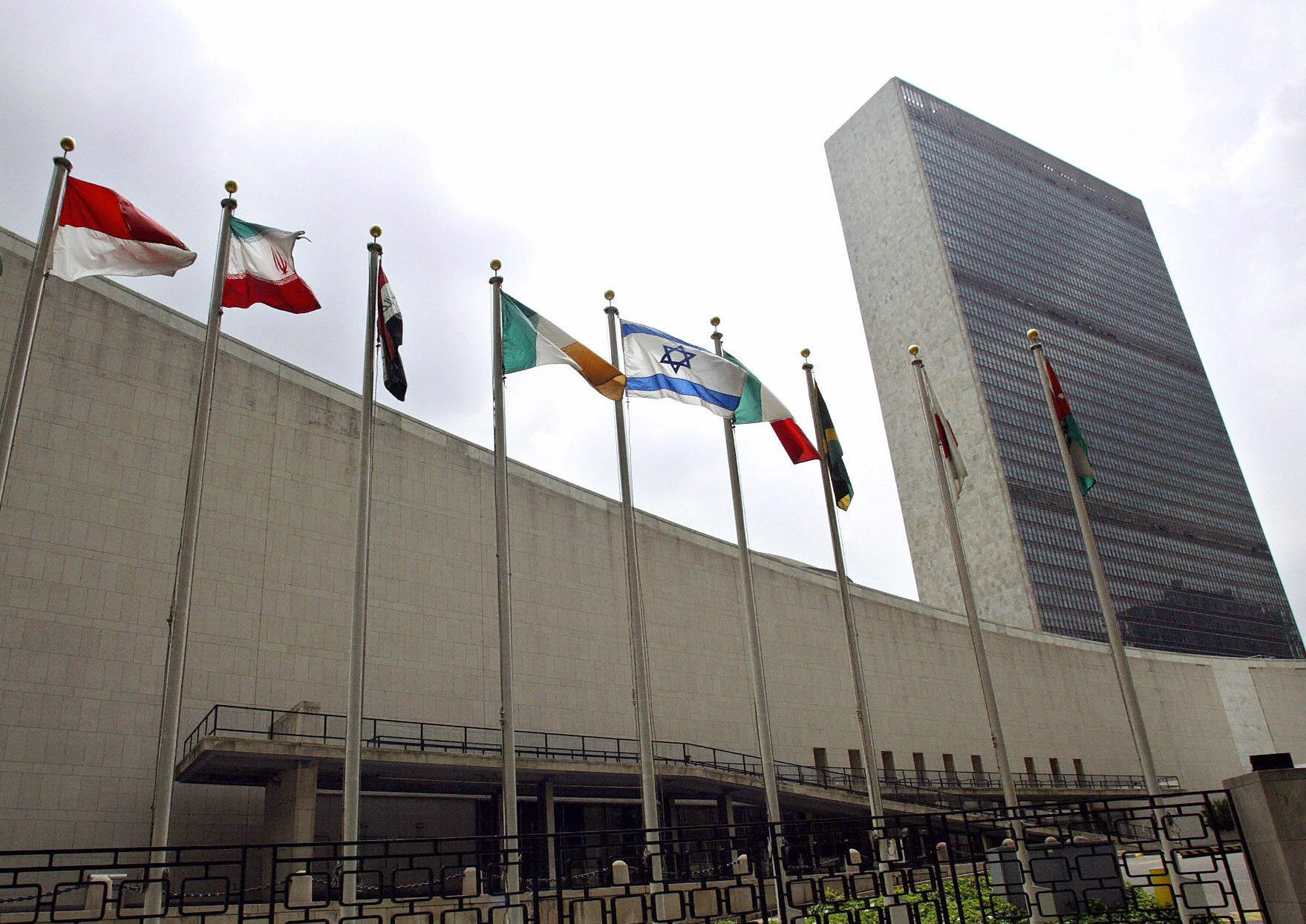
Jun 21, 2016
A Record-Smashing Year for Global Displacement: What You Need to Know
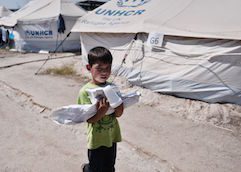
Mar 31, 2016
Bold Words, but Little Action, at UNHCR Conference on Syrian Refugee Crisis
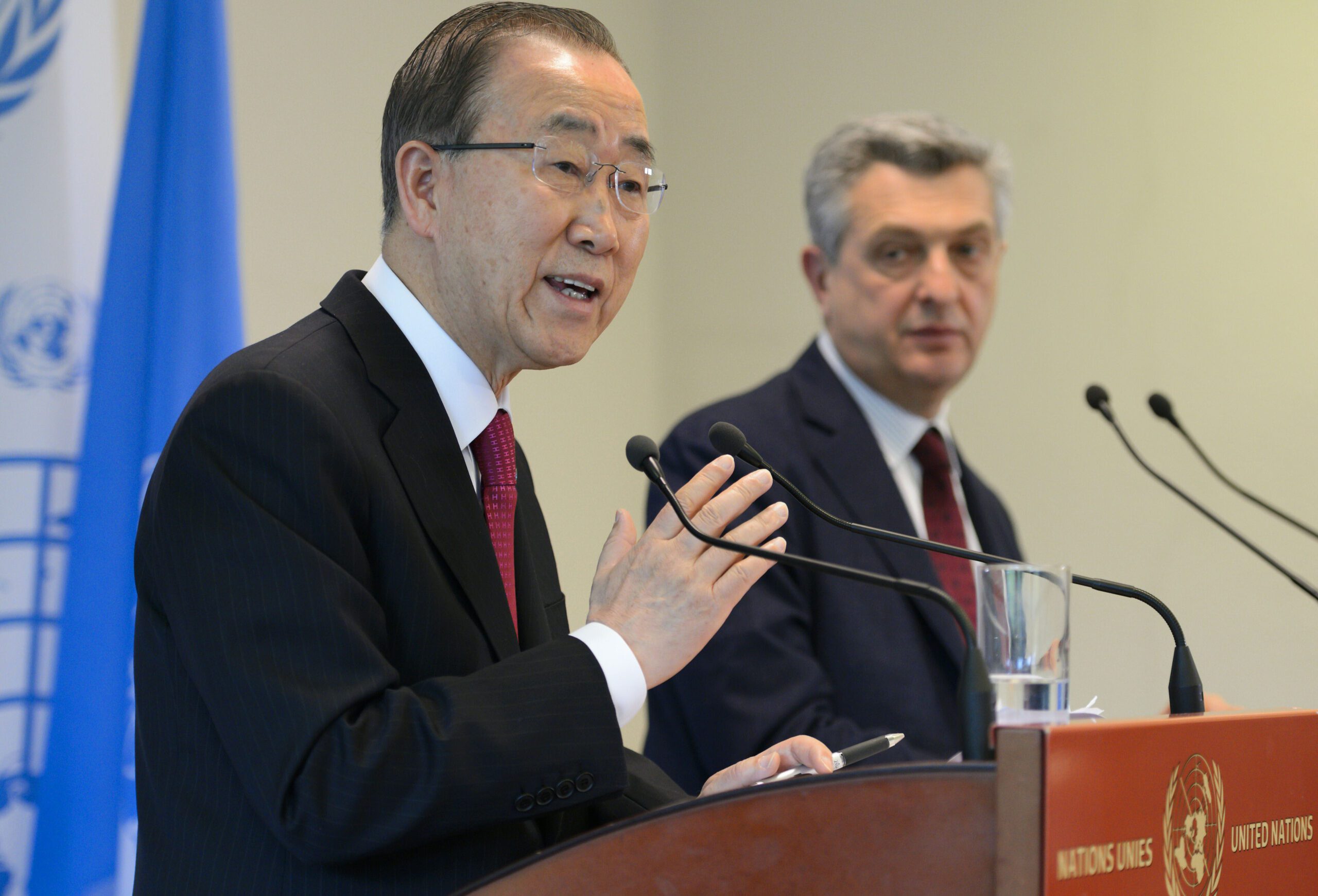
Nov 30, 2015
Women on the Run in Central America
